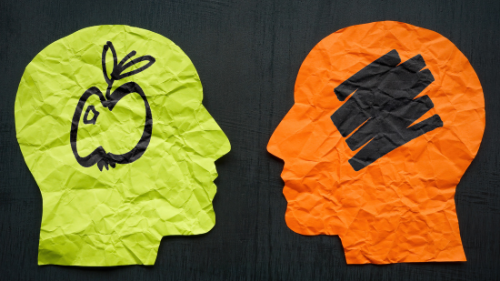Definition of Aphantasia
People with aphantasia have normal senses; they can taste, smell, feel, hear, and see without any problems. They have trouble transferring these feelings into their minds, though, and as a result, their minds become "empty" or blind and are unable to inwardly see anything.
According to scientific theories, when we gaze at something, specific brain networks involved in processing visual information become active. This enables us to mentally conjure up that image in our minds when we close our eyes. However, aphantasia patients do not seem to go through this process, which might have a major impact on their day-to-day lives.
Aphantasia can impact any cognitive action, whether voluntary or involuntary, that necessitates sensory imagery. For those with this illness, arranging trips, recalling favorite songs, or seeing loved ones who are far away are examples of challenging undertakings.
Reasons
There is still much to learn about the causes of aphantasia. It's thought that it may be the outcome of an interference with the brain's effort to reawaken the patterns of activity linked to mental images. To fully comprehend this syndrome, additional study is necessary.
According to studies, aphantasia impairs not just vision but also other cognitive functions including remembering the past, envisioning the future, and dreaming. Some people with the condition may also have trouble visualizing senses other than sight.
Research has shown that aphantasia also affects individuals's emotional reactions; in fact, reading terrifying stories causes persons with the illness to respond less emotionally and physically. It appears that the relationship between ideas and emotions depends heavily on mental imagery.
Even if there isn't a known cure yet, a deeper comprehension of its causes and consequences is essential to creating successful therapies. Research may be directed toward appropriate treatments and this disorder can be identified with the use of instruments like the Visual Imagery Vividness Questionnaire.



